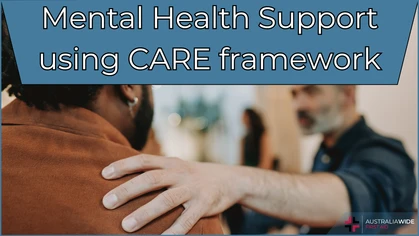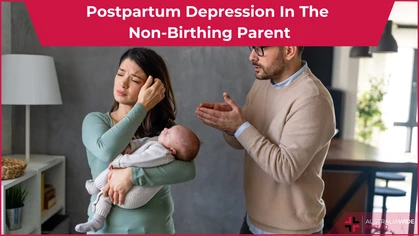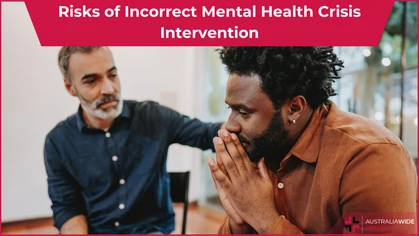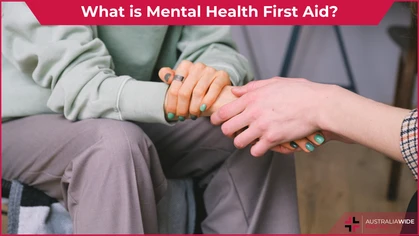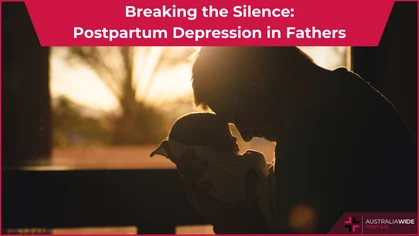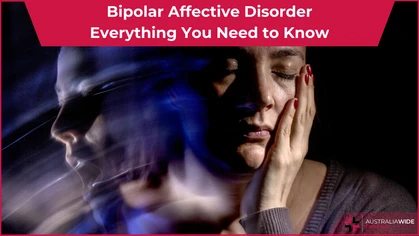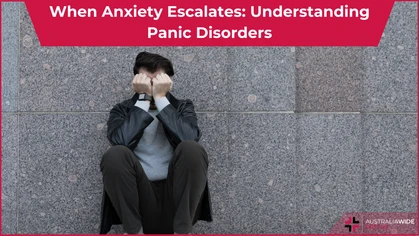Nurturing the Mental Health of Youth

Mental Health
 In an increasingly complex and demanding world, the mental health of young people has emerged as a significant concern.
The pressures of academic achievement, societal expectations, and the pervasive influence of social media collectively contribute to mental health issues among youth.
Adolescence is a critical phase in life. Teenagers experience rapid physical, emotional, and cognitive changes.
It is important to provide support, understanding, and empowerment to ensure that young people thrive emotionally, mentally, and physically.
In an increasingly complex and demanding world, the mental health of young people has emerged as a significant concern.
The pressures of academic achievement, societal expectations, and the pervasive influence of social media collectively contribute to mental health issues among youth.
Adolescence is a critical phase in life. Teenagers experience rapid physical, emotional, and cognitive changes.
It is important to provide support, understanding, and empowerment to ensure that young people thrive emotionally, mentally, and physically.
Fostering Inclusivity and Acceptance
Adolescence is fraught with challenges of ‘fitting in’. Issues such as bullying are common, especially for youth who have interests and desires that do not follow the current popular cultural norms. Creating an environment of inclusivity and acceptance is paramount in nurturing the mental health of youth. Family, friends, educators, and communities play a vital role in this regard. When youth feel accepted for who they are, their mental health is positively impacted. Likewise, positive relationships with friends, parents, relatives, and mentors can provide strong protective factors against mental health challenges. Parents, guardians, and family members can greatly influence their children's well-being by offering unconditional love and creating a safe space for open communication. Foster an environment where young individuals feel comfortable discussing their feelings and seeking guidance.Recognising Mental Health Warning Signs
It important to educate yourself on the warning signs of declining mental health. It can be difficult to distinguish between a decline in mental health, and what is typically viewed as ‘normal teenage behaviour’. Some of the signs to watch out for include:- Withdrawing from friends and activities they used to enjoy
- Sleeping more or less than usual
- Having difficulty concentrating
- Eating more or less than usual
- Experiencing mood swings
- Exhibiting signs of self-harm
- Sudden or extreme changes in behaviour
Accessible Mental Health Resources
Access to mental health resources tailored to the specific needs of youth is essential. Many teenagers face challenges such as discrimination, rejection, academic pressure, friendship and relationship troubles, and bullying. These challenges can cause significant psychological distress. Mental health professionals who are knowledgeable about teenage issues can provide appropriate and empathetic support. Schools, healthcare systems, and community organizations should strive to offer resources that address these challenges. If you notice a decline in mental health, offer to help your teen access these resources or seek mental health services.Addressing Mental Health Disparities
It's important to acknowledge that LGBTQIA+ youth are at a higher risk for mental health challenges. Higher rated of depression, anxiety, and suicidal ideation can be due to the discrimination and prejudice they may encounter. Members of the LGBTQIA+ community are experiencing mental health issues at rates almost 10 times higher than the general population. However, with affirmative care and support, this rate lowers to approach that of the general population. Likewise, children and teenagers who are part of other minority groups are also more likely to experience poor mental health. Access to mental health support services can be restrictive due to factors such as location and cost. This means that youth experiencing mental distress may not be able to access the care they need. Early intervention is ideal to prevent further mental health decline. By acknowledging these disparities, we can work towards addressing the root causes and creating tailored interventions to support their mental health.Conclusion
Supporting the mental health of youth is an opportunity to shape a brighter future for everyone. Acknowledging the unique struggles that young individuals face allows us to foster empathy and understanding. By creating an environment that values mental well-being, providing tools to cope with challenges, and fostering connections that promote emotional growth, we can pave the way for a generation of resilient and emotionally intelligent individuals.Mental Health Support
Education is a powerful tool in fostering a society that truly values mental health. Without it, misconceptions and stigma can cloud our understanding, discouraging people from seeking the support they need. Mental health plays an equally vital role as physical health in overall wellbeing. Early recognition of mental ill-health signs and symptoms can ensure that timely help is provided, potentially averting crises. By completing a Mental Health Support Course , you gain the skills and confidence to identify when someone is struggling and provide meaningful support when it matters most.Further Reading and Mental Health Resources
There are a range of resources and services available to teens and the adults in their lives. Further reading:- The Impact of Mental Health Stigma on Society
- Depression: Signs, Symptoms, and Treatments
- Mental Health Issues vs. Mental Illness: Signs, Symptoms and Response
- The 5 Steps of Mental Health First Aid
- Mental Health: A Growing Threat to Our Young People
- How to Build Mental Health and Wellness in Teenagers
Originally published at
https://www.australiawidefirstaid.com.au/resources/nurturing-the-mental-health-of-youth
as part of the Australia Wide First Aid Articles Library

